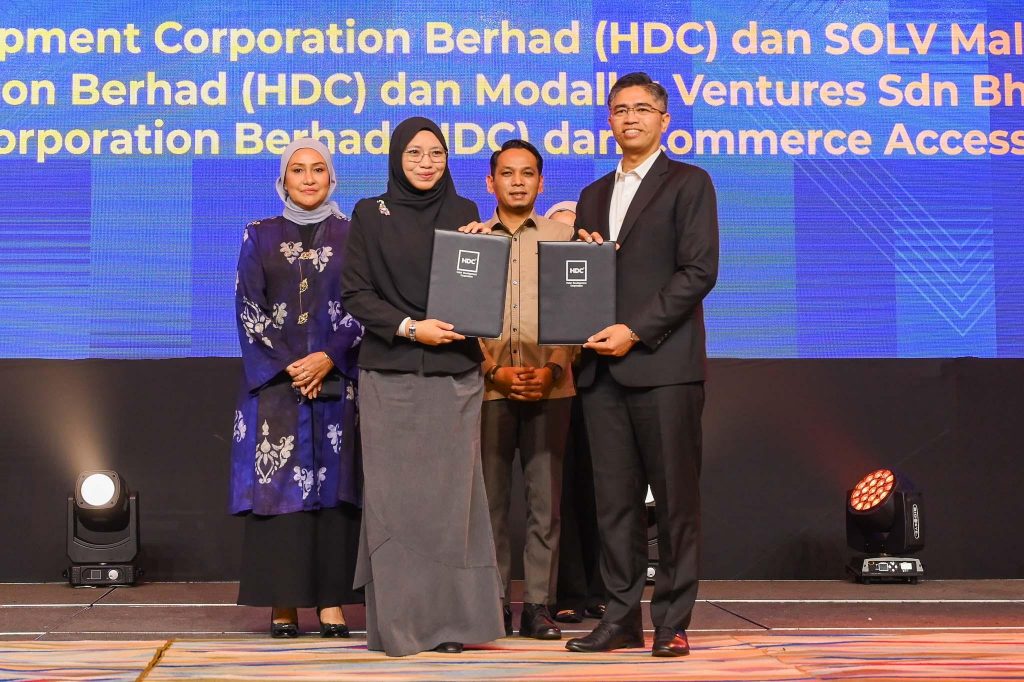Just a few years ago, Indonesia was a burgeoning market for U.S. beef and beef variety meat. Beef exports reached a peak in 2011, when the U.S. industry shipped nearly 18,000 metric tons (mt) of product to Indonesia, valued at more than $28 million – making it a top 10 destination for U.S. beef.
Indonesia’s total beef imports that year topped 100,000 mt, valued at about $325 million, with Australia and New Zealand being the leading suppliers. With the world’s fourth-largest population (estimated at 255 million), a growing middle class and low per capita beef consumption, its long-term growth potential makes Indonesia an attractive target for many beef-exporting nations.
Recently, however, domestic policies aimed at boosting self-sufficiency in beef production have severely  limited beef trade with Indonesia. U.S. exports declined dramatically in 2012 (1,646 mt valued at $8.5 million) as Indonesia enacted BSE-related restrictions following the BSE case in California. Although exports rebounded to some degree in 2013 and 2014, the market has not performed well this year, with exports through May totaling just 624 mt, valued at $6.7 million, with access further restricted by new limitations imposed by the Indonesian government.
limited beef trade with Indonesia. U.S. exports declined dramatically in 2012 (1,646 mt valued at $8.5 million) as Indonesia enacted BSE-related restrictions following the BSE case in California. Although exports rebounded to some degree in 2013 and 2014, the market has not performed well this year, with exports through May totaling just 624 mt, valued at $6.7 million, with access further restricted by new limitations imposed by the Indonesian government.
Regulatory policy is not the only stiff headwind U.S. beef is facing in Indonesia. The impact of relatively high prices for U.S. beef has been compounded by the fact that Indonesia’s currency, the rupiah, has slumped badly against the U.S. dollar – falling about 25% over the past two years. (By contrast, over the same time period, the rupiah lost only 7% of its value versus the struggling Australian dollar.)
Still, Indonesia is required to maintain import requirements that are consistent with its commitments as a World Trade Organization (WTO) member, and that simply is not happening. Earlier this year, the Office of the U.S. Trade Representative (USTR) requested that the WTO establish a dispute settlement panel to address Indonesia’s restrictive policies on a range of U.S. agricultural products, including beef.
Recently the U.S. Meat Export Federation (USMEF), National Cattlemen’s Beef Association, North American Meat Institute and National Renderers Association filed comments with USTR highlighting a number of requirements that are inconsistent with Indonesia’s international trade obligations, including:
- Limiting beef imports to products from dedicated halal slaughter facilities. While halal certification is not an uncommon requirement for countries with large Muslim populations, requiring that products originate from dedicate facilities is excessive.
- A restrictive list of beef cuts eligible for import.
- Requiring importers to also purchase Indonesian beef as a condition for receiving beef import permits.
- Mandating that importers requesting import permits must have utilized at least 80% of the volume for which they were approved the preceding year.
- Requiring exporting country beef slaughter plants to undergo and pass an on-site audit by Indonesian government veterinarians, and failing to schedule these audits in a timely manner.
“We appreciate USTR’s efforts, through the WTO, to bring Indonesia’s import regime into conformity with its WTO obligations,” said Thad Lively, USMEF senior vice president for trade access. “This is a market with excellent potential for U.S. beef – from high-end cuts for the hotel and restaurant sector, to variety meats used for processing. But for U.S. exporters to rebuild their customer base in Indonesia, the business climate must be much more stable and reliable. We’re hopeful that the dispute settlement process will produce a result that allows us to reestablish the presence of U.S. beef in the Indonesian market.”
Further details on the WTO proceeding are available from USTR’s Federal Register notice.
Joe Schuele is vice president, communications, with the U.S. Meat Export Federation in Denver, Colo.


